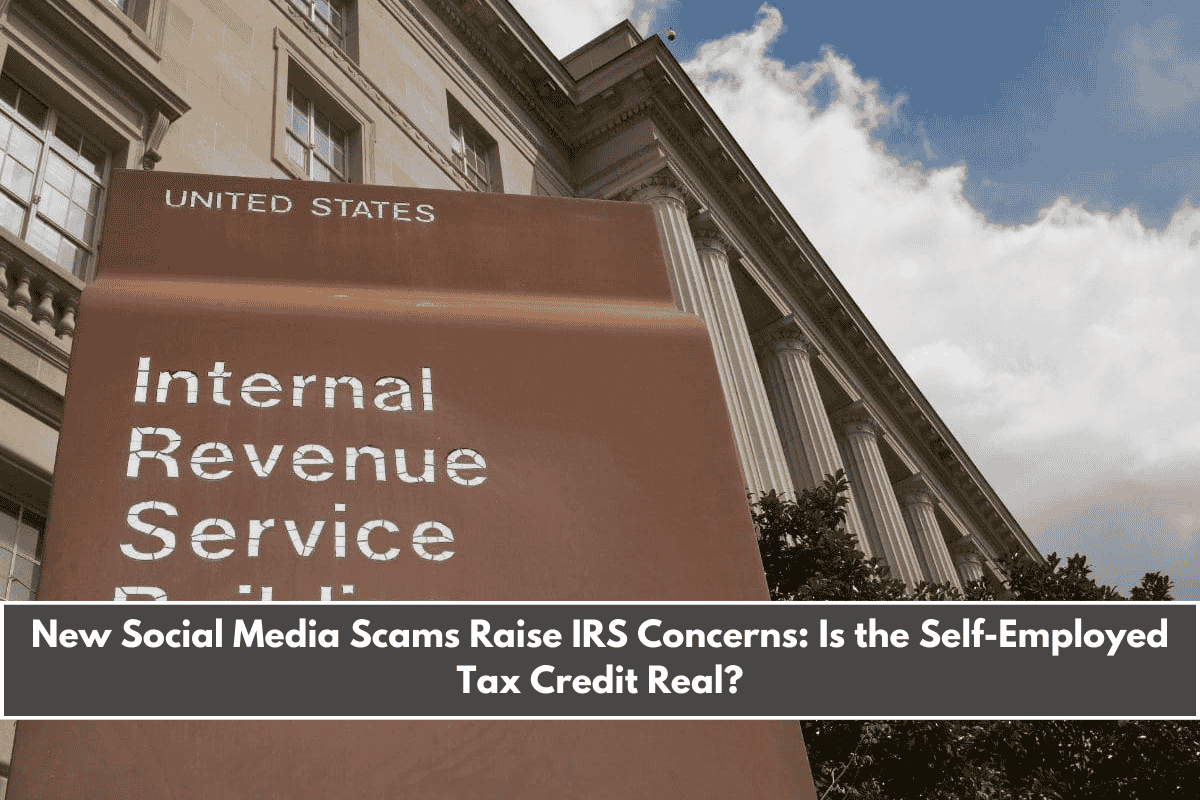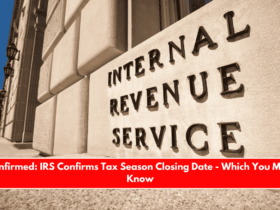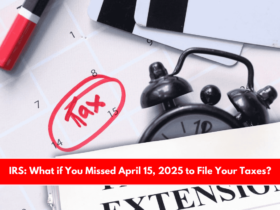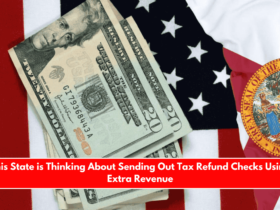Tax season can be stressful, and scammers know it. That’s why many people in the United States fall into traps set by fraudsters who pretend to be from the IRS. These scammers often promise fake benefits, such as a “Self-Employed Tax Credit”, to trick people into giving away personal information or money.
The IRS has officially confirmed that this Self-Employed Tax Credit is not real. If you’ve seen posts or messages on social media talking about it — ignore them. It’s a scam, and following through could put your identity and your money at risk.
Let’s break down what you need to know about this scam, what tax credits actually exist, and how to protect yourself.
The Fake Self-Employed Tax Credit Scam
Many scammers are now claiming that people who work for themselves can apply for a special “Self-Employed Tax Credit.” The truth is, no such credit exists.
According to a public warning posted by the IRS on Social X (formerly Twitter), this credit is completely fake, and no one should apply for it. If you’ve received a message, email, or social media post offering this type of credit — it’s 100% a scam.
These scams are designed to steal your personal information or even hack your tax refund. Some scammers may also ask for money to “help you apply” — which is just another trick.
What Should You Do If You’re Not Sure?
If you ever feel unsure about something related to taxes or credits, contact the IRS directly through their official website: www.irs.gov. This is the only safe place to check for valid tax credits and benefits.
Never trust someone online who says they can help you apply for a tax credit unless you’ve verified that they’re a licensed tax professional.
Be Careful With So-Called “Tax Experts”
Some scammers act like they’re tax professionals. They might say they can help with your tax return or get you “extra credits.” But if they’re not officially recognized by the IRS, they could just be trying to steal your identity or tax refund.
Before giving any private information to someone claiming to be a tax expert, look them up in the IRS database to make sure they’re legit. Always remember, you’re responsible for your taxes, so it’s important to be cautious.
Real Tax Credits You Can Still Apply For
While the Self-Employed Tax Credit is fake, there are real tax credits you may qualify for, like:
- Earned Income Tax Credit (EITC)
- Child Tax Credit
- Education Credits
- Saver’s Credit
- Premium Tax Credit
The best way to find out what you’re eligible for is by visiting the IRS website or speaking with a verified tax professional.
When Does Tax Season End in 2025?
The official deadline to file your tax return for 2025 is April 15th, 2025. If you can’t finish your return in time, you can request an extension, which gives you 6 extra months to file — until October 15th, 2025.
However, even if you get an extension, you still need to pay your taxes by April 15th to avoid interest or penalties.











Leave a Reply